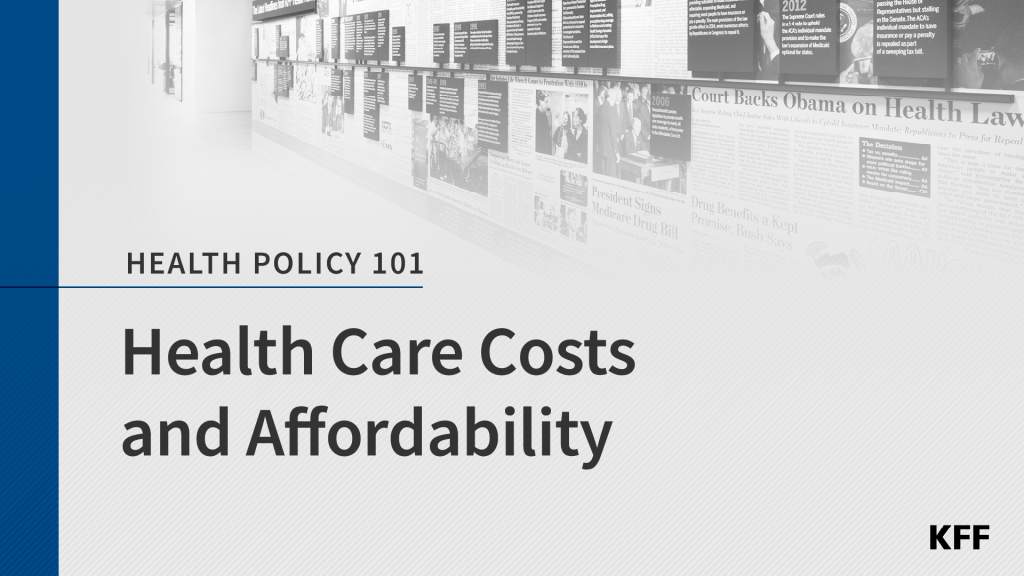How ACA Repeal and Replace Proposals Could Affect Coverage and Premiums for Older Adults and Have Spillover Effects for Medicare
This brief explains the key AHCA provisions that would reshape the private market to more closely resemble the pre-Affordable Care Act period, and the effects of these changes on adults ages 50-64. The brief also discusses how changes to Medicaid could affect older, low-income adults, and how an increase in the number of uninsured older adults could have implications for the Medicare program in the future.
